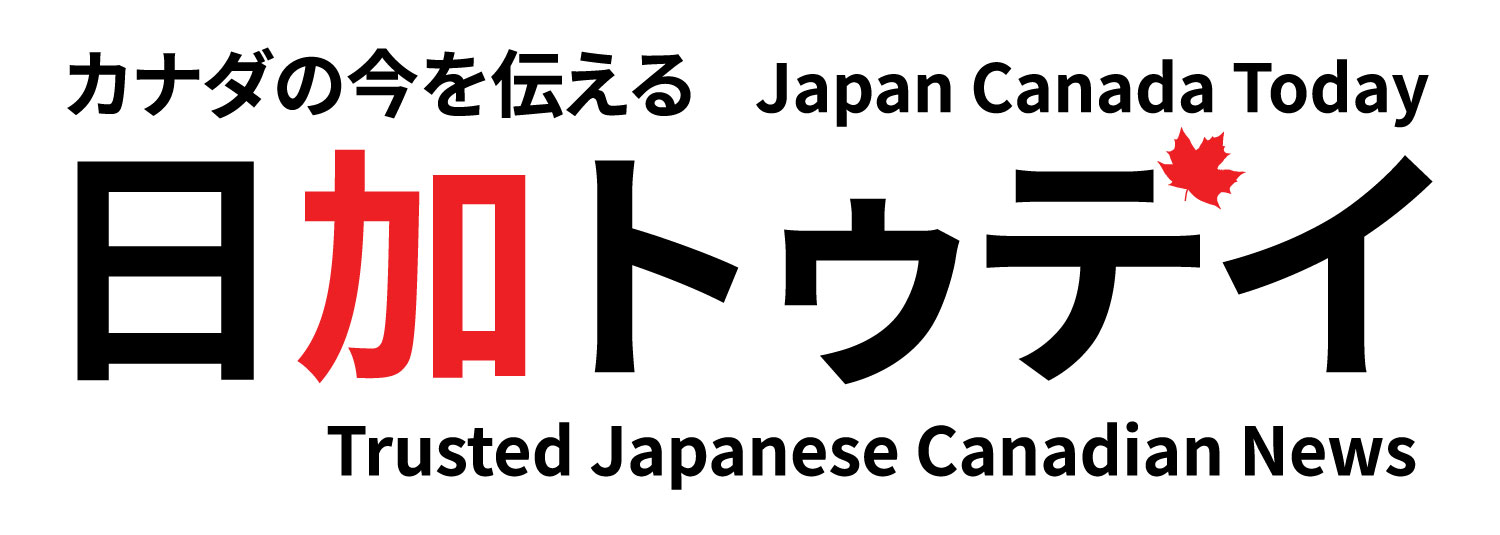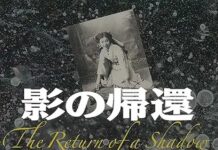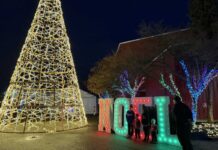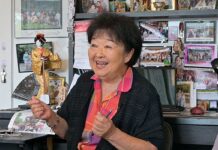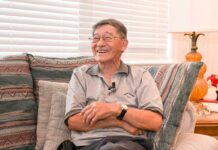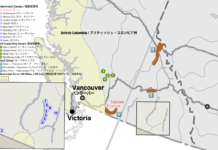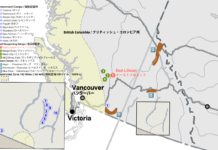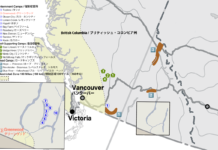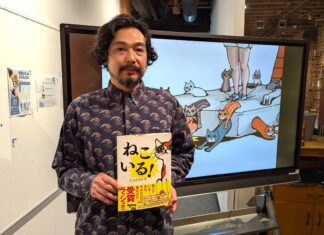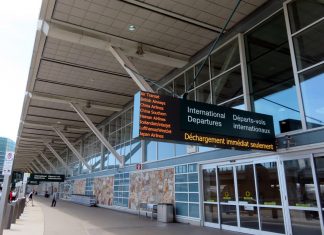In the West Kootenay region of south-central British Columbia (BC), the Canadian government established eight government-supported internment camps. Four were Slocan City, Lemon Creek, Popoff, and Bay Farm, located south of Slocan Lake.
Slocan City
Approximately 595 individuals were interned in Slocan City. Their accommodations included old hotels, buildings, and miners’ lodges, where they lived under limited and challenging conditions.
This site also served as the departure point for many Japanese Canadians who were “repatriated” to Japan in 1946. Today, the Japanese Cemetery Monument in Slocan City stands as a legacy that preserves memories of that era.
Lemon Creek
Lemon Creek, located about 8 kilometres south of Slocan City, was the largest internment site in the Slocan Valley. Over 1,851 Japanese Canadians were detained there.
The internees were made to engage in labour, such as cutting railway ties. The camp operated between 1942 and 1943 and was closed in 1946.
Popoff
The Popoff camp was established on a farm leased from Emily and Constantine Popoff. It was situated midway between Slocan City and Lemon Creek.
As the last camp to be built, it was completed in 1943 and housed approximately 1,000 people. The site was closed in 1946.
Bay Farm
Bay Farm, located south of Slocan City, accommodated 1,376 Japanese Canadians by the end of 1942.
Initially, internees lived in makeshift tents, later replaced by shacks. The extreme cold of winter posed severe hardships, and internees faced daily struggles to cope with the freezing temperatures.
***
HeritageBC
「Internment Camps」: https://heritagebc.ca/japanese-canadian-location/slocan-extension-internment-camps/
Discover Nikkei
Part 3: Train ride into the unknown — a child’s life in the Slocan internment camp
George Doi
https://discovernikkei.org/en/journal/2020/12/6/slocan
***

***
